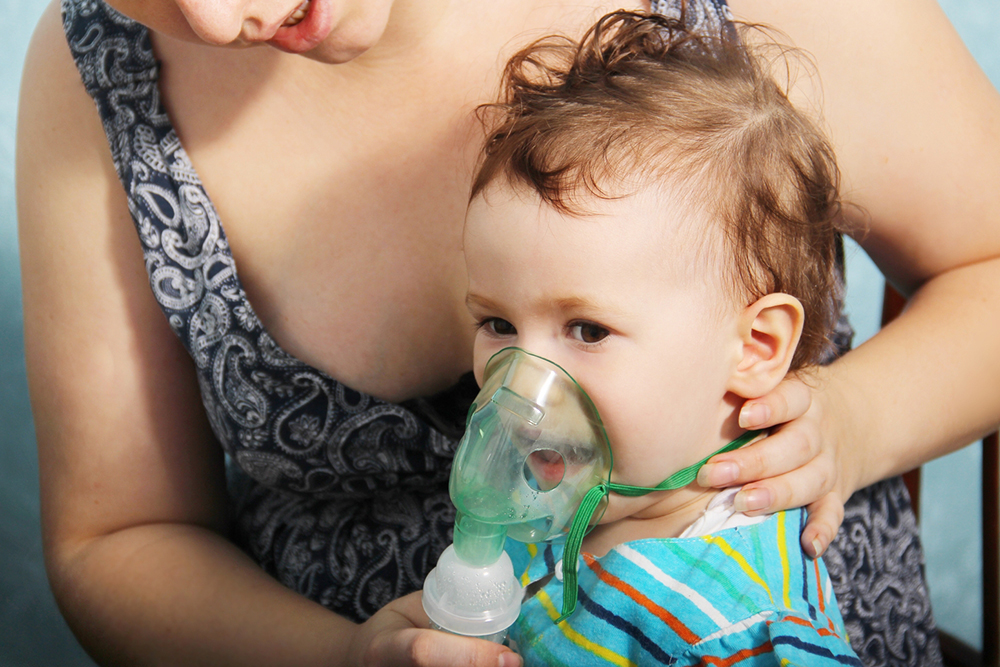
Signs of RSV in infants and ways to manage them
Ensuring the health and safety of infants is essential for their overall well-being and growth. But babies are more susceptible to several health problems, including respiratory syncytial virus (RSV), a common condition that leads to infection of the lungs and respiratory tract. Most children contract this virus by the age of two. So, adults must familiarize themselves with the symptoms and the relevant management options in order to address RSV in children at the earliest.
Symptoms
The symptoms of RSV commonly appear about four to six days after the child is exposed to the virus. It’s important for the caretakers to look for common signs such as rapid, shallow breathing, coughing, feeding difficulties, irritability, and unusual tiredness. Some infants may even exhibit signs of respiratory distress, characterized by the inward movement of the chest muscles and skin with each breath. While most children recover in one to two weeks after contraction of the virus, some may experience recurring wheezing. A severe infection may occur in premature infants and may require admission into a healthcare facility. Caregiving adults who notice any unusual symptoms in infants must promptly seek medical attention before the condition worsens.
Management options
Remember that only a healthcare professional should address RSV in infants. For starters, try to comfort the infant or distract them from the illness by reading a book or playing a quiet game. In addition to this, one can follow certain expert-recommended at-home remedies.
1. Create a moist environment
To help ease the child’s symptoms and promote their recovery, parents or caregivers must create a warm and moist environment in the room. To achieve this, one can use a cool-mist humidifier or vaporizer, which will help moisten the air, relieve congestion, and reduce coughing. One must ensure the humidifier is clean to prevent the growth of molds and bacteria.
2. Give them plenty of fluids
Mothers must continue to breastfeed or bottle-feed the young infants to keep them well-hydrated throughout the day. This can help loosen thickened secretions and alleviate their symptoms. Experts may recommend giving a steady supply of cool water or ice pops to older children with RSV symptoms to provide soothing effects.
3. Avoid polluted environments
Polluted air can often aggravate the symptoms of RSV in children. So, it’s important for adults to keep infants away from polluted places. Further, limiting the child’s exposure to germs can help prevent the onset of symptoms. To achieve this, avoid taking the baby to crowded places, especially during the respiratory season, and minimize contact with sick individuals. Even playdates with unwell kids should be avoided.
4. Maintain clean surfaces
Finally, maintain a clean environment by regularly sanitizing commonly touched surfaces in the house, including doorknobs, rugs, and other surfaces. This sanitation process can help minimize the spread of germs indoors and minimize the risk of RSV transmission.